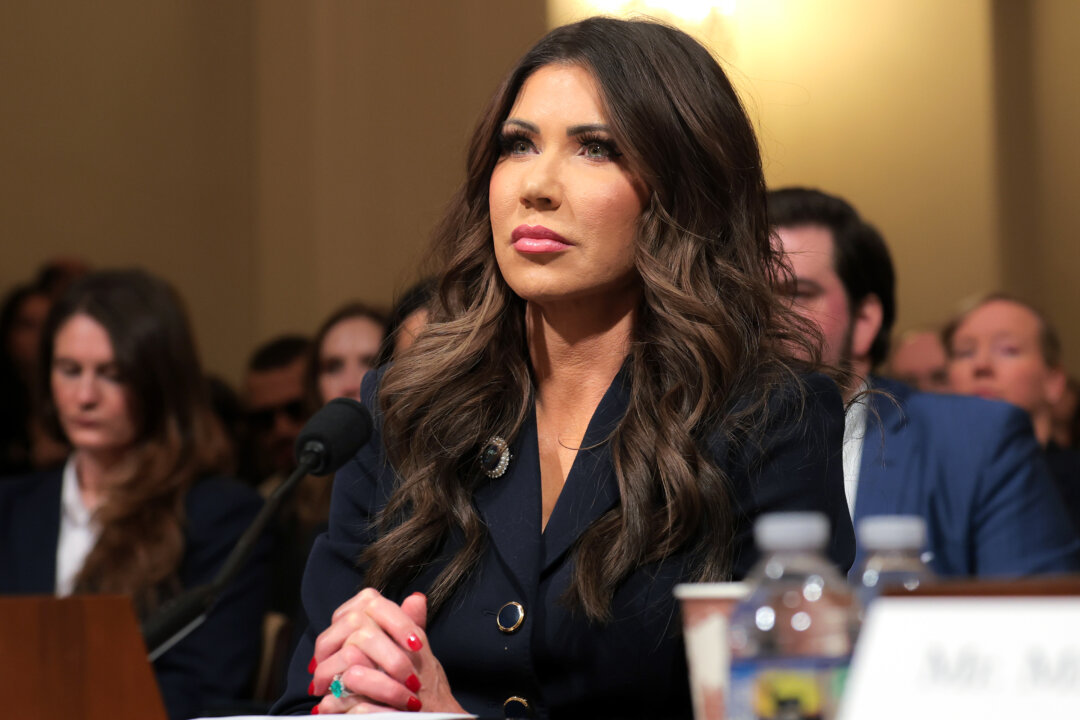
A proposal to reform the closed-session policies of Warren County has been put forward by Supervisor Richard A. Jamieson. On March 15, 2024, he presented a memorandum to the Board of Supervisors, advocating for changes aimed at enhancing transparency in governmental operations. Jamieson believes that these reforms would better inform supervisors about the necessity of closed meetings, ensuring compliance with the Virginia Freedom of Information Act (FOIA).
During a work session attended by Vice Chairman John W. Stanmeyer and Supervisors Cheryl L. Cullers and Hugh B. Henry, Jamieson discussed recent instances where board members opposed entering closed session to receive legal advice from county attorney Jason Ham. The issues at hand included groundwater restrictions for industrial uses and agritourism. Jamieson’s proposed reforms aim to clarify the reasons for closed sessions and establish procedures for receiving legal counsel, thereby promoting informed decision-making within the board.
Jamieson pointed out that current practices can restrict supervisors’ ability to perform their duties effectively. He highlighted that access to written legal analyses is essential for understanding statutory matters, as opposed to relying solely on verbal legal advice given during closed sessions, which may not meet FOIA requirements. Each year, the board allocates over $400,000 for the county attorney’s office, prompting Jamieson to recommend that the county administrator provide quarterly spending reports.
The supervisor emphasized the value of written documentation from the county attorney, stating, “It can take more time, but when there are ordinances and policies and regulations that this board’s deliberating on, I think it would be beneficial for the board to have the benefit of a written work product from our attorney.” He expressed a desire for better public visibility into the rationale behind closed sessions and called for advanced notice to board members regarding recommendations for such meetings.
While Jamieson supports increased transparency, Supervisor Cullers expressed discomfort with the proposals, noting that the county attorney had yet to review the draft policy. She reiterated that the board votes on whether to meet in closed session and that she has never felt uneasy about such meetings during her six years on the board. “There are times that you have to discuss things in closed because … you can’t necessarily tip your hand to the people that might work against you in legal matters,” Cullers stated, defending the necessity of closed sessions.
Jamieson clarified that his proposal does not eliminate closed sessions but rather seeks to enhance the process. He mentioned that he had discussed the policy with Ham, who shared similar sentiments about improving public understanding of legal deliberations. “There is absolutely a time for closed sessions and there is a specific statute that dictates it,” Jamieson said. He cited a 2007 opinion from the FOIA Council, which asserts that the legal-matters exemption does not permit closed sessions for general policy discussions that could have legal implications.
Supervisor Henry indicated his support for reducing closed sessions when not necessary, but he questioned the need for the board to adopt Jamieson’s resolution. He noted that the supervisors can vote on convening closed sessions as needed. “If you had to have 48 hours written notice that you’re going to have a closed session … you wouldn’t have the 48 hours notice if something came up that changed the dynamic,” he pointed out.
Stanmeyer expressed the need for the county attorney to address Jamieson’s claims regarding the appropriateness of certain closed sessions. He also suggested that written notice could be beneficial but acknowledged potential downsides, such as the risk of leaks and the possible loss of dynamic conversations. “There’s definitely room for some sort of guideline, whether it’s a resolution or just added to our meeting policies, to help create transparency,” he concluded.
The ongoing discussion highlights the delicate balance between maintaining confidentiality in legal matters and ensuring the public remains informed about government operations. As the Board of Supervisors considers Jamieson’s proposal, the outcome may redefine how closed sessions are conducted in Warren County, ultimately impacting governance and community trust.






